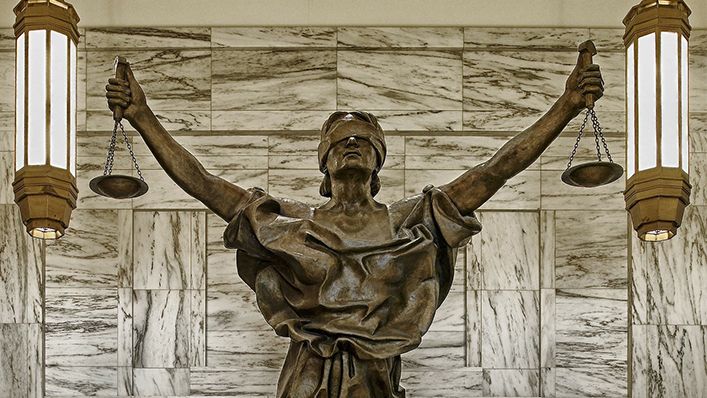The United States faces Section 301 challenges in both the World Trade Organization (WTO) and the Court of International Trade (CIT).
Headquartered in New York City, the CIT is a federal court in the United States that resolves civil actions arising from the customs and international trade laws of that country.
At the international level, the WTO panel in DS543 found that Schedules 1 and 3 of tariffs against China were inconsistent with the United States’ WTO obligations.
However, according to an analysis by the US Congress, because the United States appealed the WTO panel report and the Appellate Body cannot hear the appeals, it is likely that the dispute will not be resolved within the framework of the settlement of WTO disputes.
In other words, for the United States and China to reach a resolution, the issue may need to be negotiated outside the WTO.
Section 301
Since there is no final decision by the WTO Dispute Settlement Body that Schedules 1 and 3 are WTO-inconsistent, the United States could argue that it does not have an international legal obligation to eliminate tariffs.
But, based on the same analysis, it has been suggested that appealing a dispute in circumstances where the dispute cannot be final may result in a separate violation of the international obligation in good faith, and may entitle another Member to the WTO to impose countermeasures (eg, increase tariffs) to address the dispute.
In any case, China can try to use the panel’s report as a lever in the negotiations.
The other two disputes remain pending before the WTO, but China has taken no formal action beyond requesting consultations with the United States.
At the national level, the United States faces numerous challenges to Lists 3 and 4 before before the CIT.
If the United States loses to the CIT (or on appeal), the Biden Administration may have to eliminate the fees.
Such action may address at least part of the WTO panel’s conclusion regarding Schedule 3, and could affect, according to the analysis of the US Congress, the trade negotiations between the United States and China.
Furthermore, if at any point the WTO panel report on Lists 1 and 3 becomes final and China seeks to enforce the panel’s findings, then any action taken by the United States pursuant to a possible CIT order to remove the Schedule 3 tariffs could also affect litigation in the WTO.
![]()

